William S. Hart
William S. Hart was the original two-gun man of silent films.
Hart, the hard-hitting, quick-drawing plainsman who interested film fans everywhere in westerns, was an easterner by birth.
But after his portrayal of Cash Hawkins in "The Squaw Man" on Broadway, the actor — who looked liked what thousands thought a lean, rangy cowboy should resemble — was typed as a westerner.
One of the first to popularize western characters on the stage in "The Squaw Man" and "The Virginian," Hart came to Hollywood in 1914, intrigued by reports that film actors could get $75 weekly year-round.
He came to Hollywood to play in "Trail of the Lonesome Pine," in which he had appeared on Broadway. An old friend, Thomas H. Ince, persuaded him to remain to appear in "The Bargain," which had a Grand Canyon locale and was the first full-length western.
Among his best-known early films were "The Passing of Two-Gun Hicks," "The Disciple," "The Narrow Trail," "The Toll Gate," "O'Malley of the Mounted" and "Travelin' On."
After a two-year retirement he was signed in 1923 to produce nine specials for Paramount release, including "Wild Bill Hickok," "Singer McKee" and "A Lighter of Flames."
In 1925, Hart retired to his 300-acre ranch, Hill of the Winds, in Newhall.
Related stars
|
|
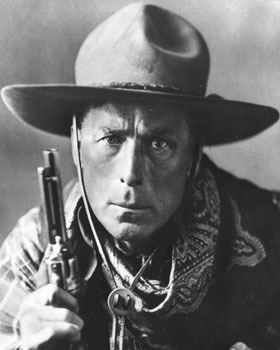

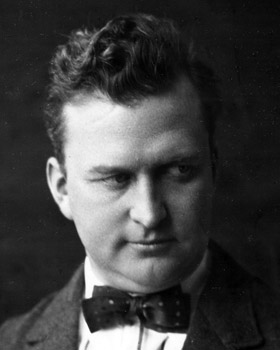
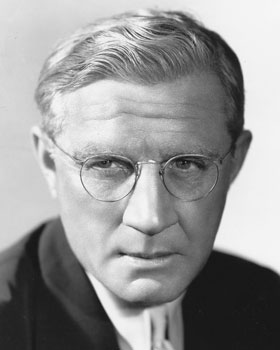
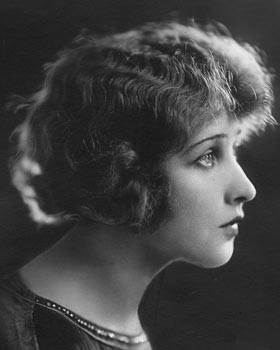
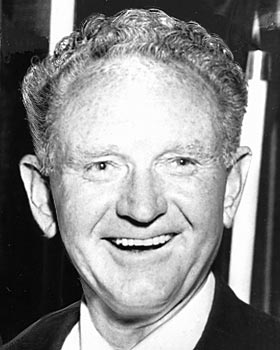
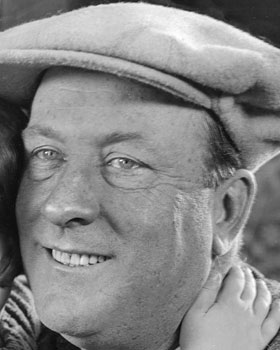
Share a thought about William S. Hart